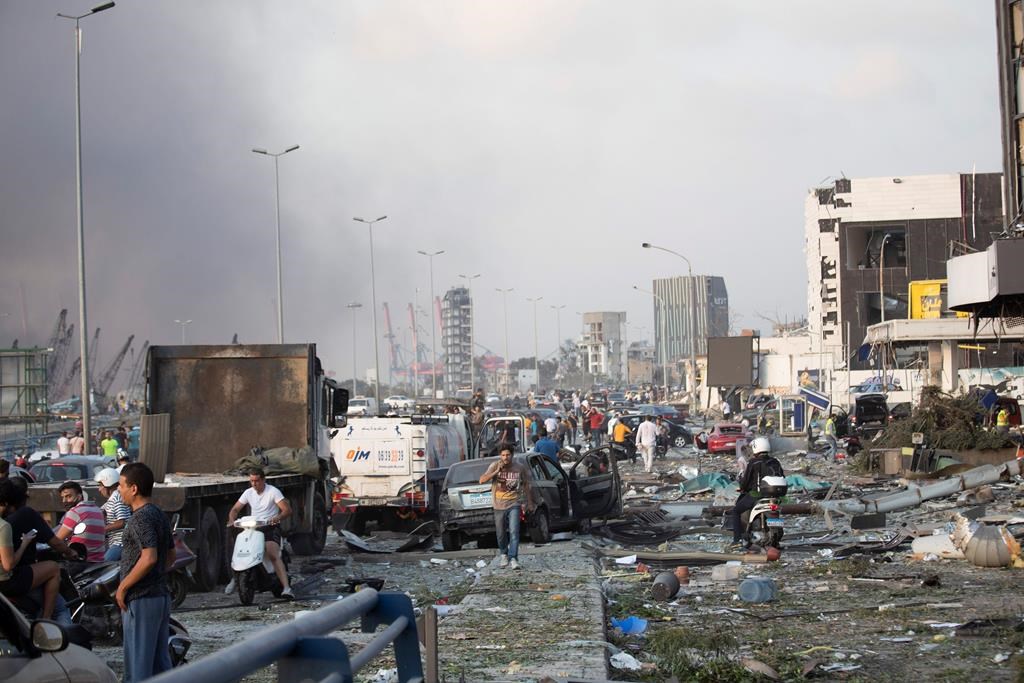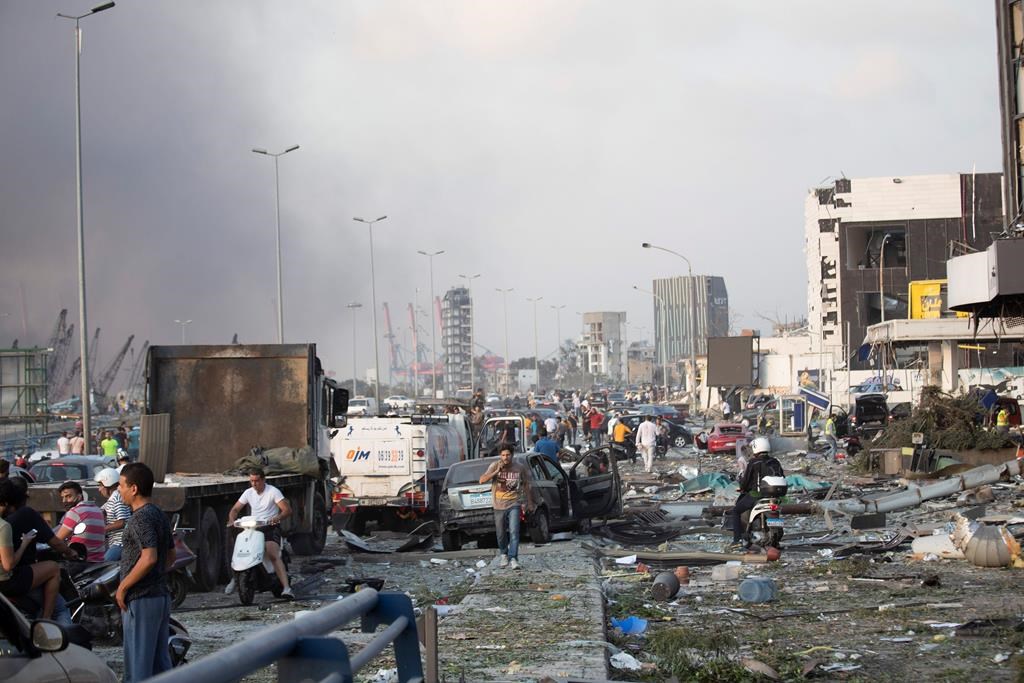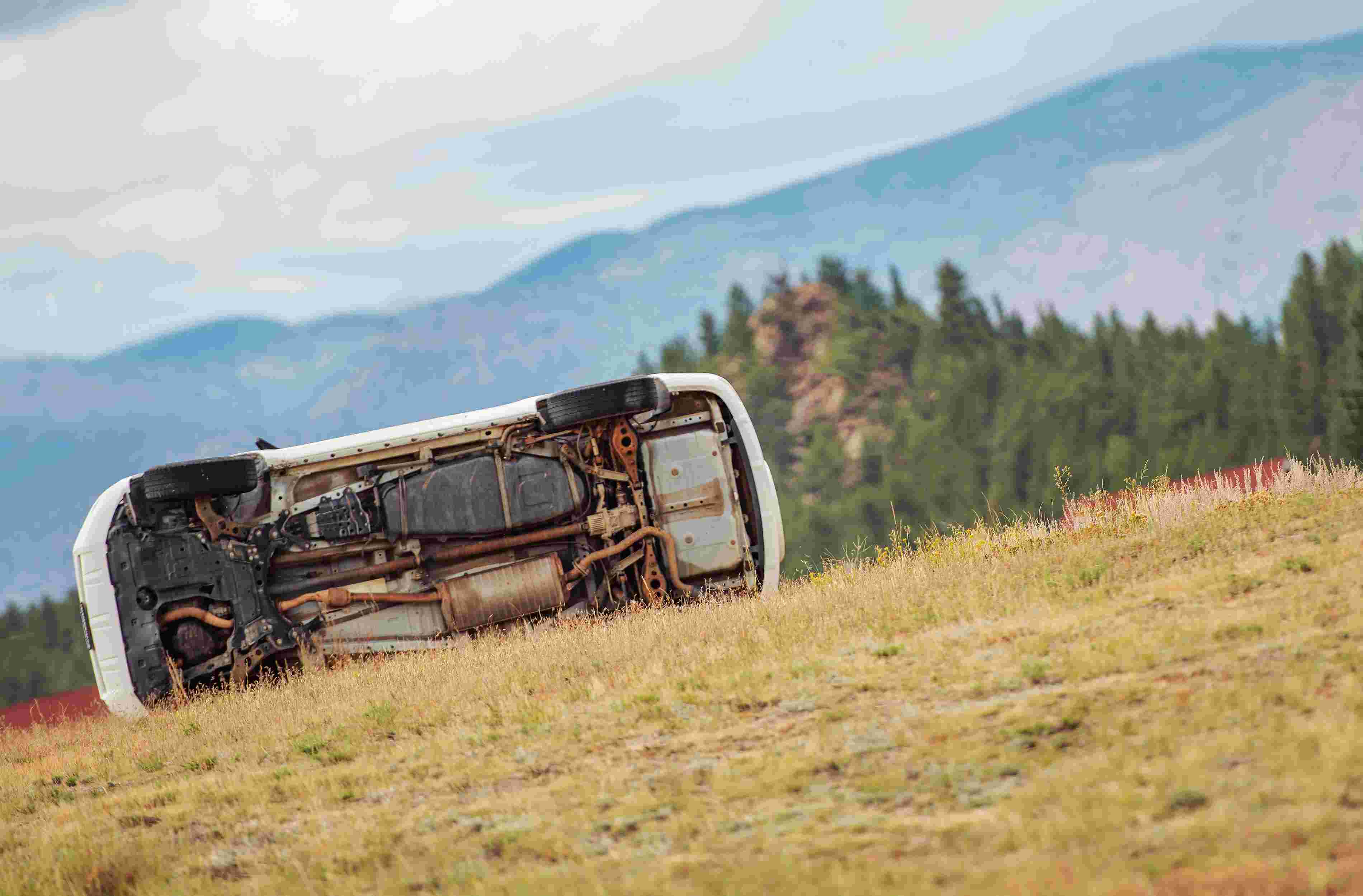101.7 FM
88.1HD2
 8.85 c
8.85 c101.7 FM
88.1HD2
International aid flights arriving in Lebanon, as the government struggles to deal with the aftermath of the massive blast
BY , Aug 5, 2020 7:54 PM - REPORT AN ERRORLAST UPDATED ON Aug 5, 2020 7:57 PM
People evacuate wounded after of a massive explosion in Beirut, Lebanon, Tuesday, Aug. 4, 2020. Massive explosions rocked downtown Beirut on Tuesday, flattening much of the port, damaging buildings and blowing out windows and doors as a giant mushroom cloud rose above the capital. Witnesses saw many people injured by flying glass and debris. (AP Photo/Hassan Ammar)

People evacuate wounded after of a massive explosion in Beirut, Lebanon, Tuesday, Aug. 4, 2020. Massive explosions rocked downtown Beirut on Tuesday, flattening much of the port, damaging buildings and blowing out windows and doors as a giant mushroom cloud rose above the capital. Witnesses saw many people injured by flying glass and debris. (AP Photo/Hassan Ammar)
International aid flights are arriving in Lebanon, as the government struggles to deal with the aftermath of the massive blast that killed at least 135 and sent thousands more to hospital.
Investigators are looking into why nothing was done about 2,750 tonnes of highly explosive ammonium nitrate stored at the port for six years.
Search and rescue teams, medical personnel, humanitarian support packages and equipment designed to find trapped victims are being sent from countries like Australia and Indonesia as well as Europe.
Russia's Ministry for Emergencies says that its first plane carrying relief teams, doctors and medical equipment has landed in Beirut.
The ministry said Wednesday the aircraft has delivered a mobile hospital along with 50 emergency workers and medical personnel.
Another three Russian flights are scheduled to arrive within the next 24 hours.
They will carry equipment for a coronavirus testing lab and protective gear, among other relief supplies.
The airlift follows a request for help from the Lebanese authorities faced with the aftermath of the massive explosion that devastated Beirut.
Share on
Related News
Sign up for the newsletter
We'll deliver best of entertainment right into your inboxWe love to hear from our listeners, so feel free to send us message

















